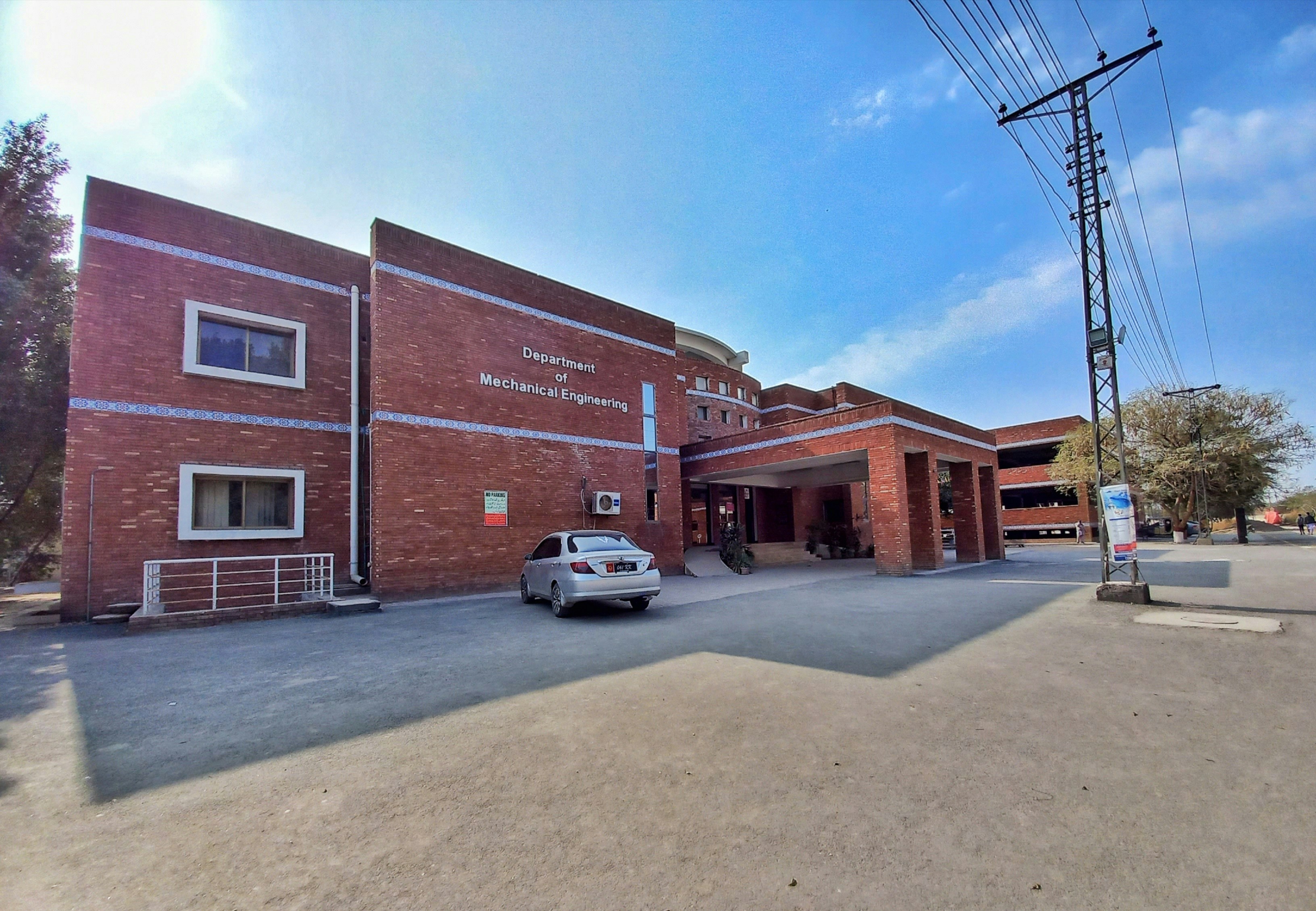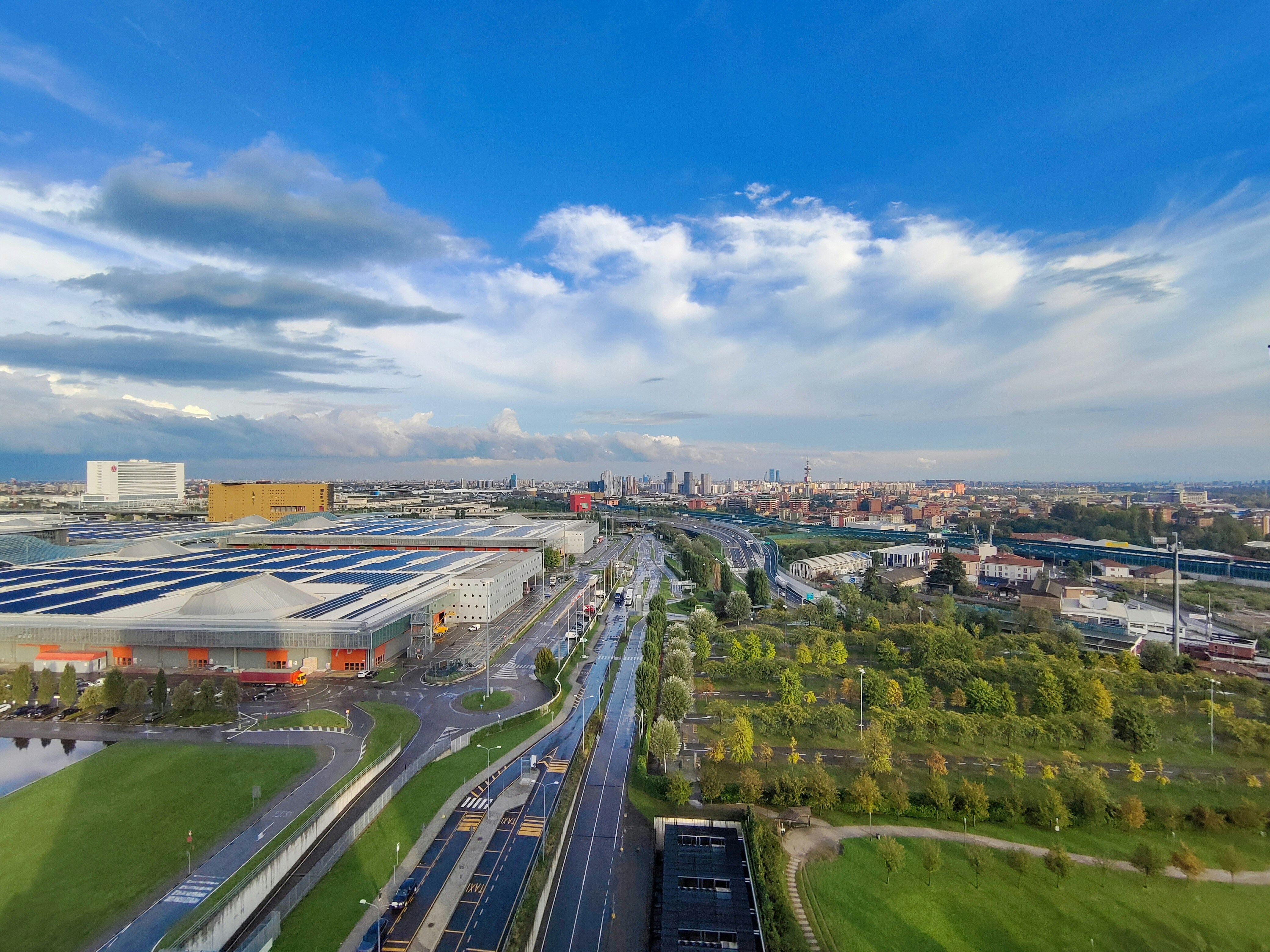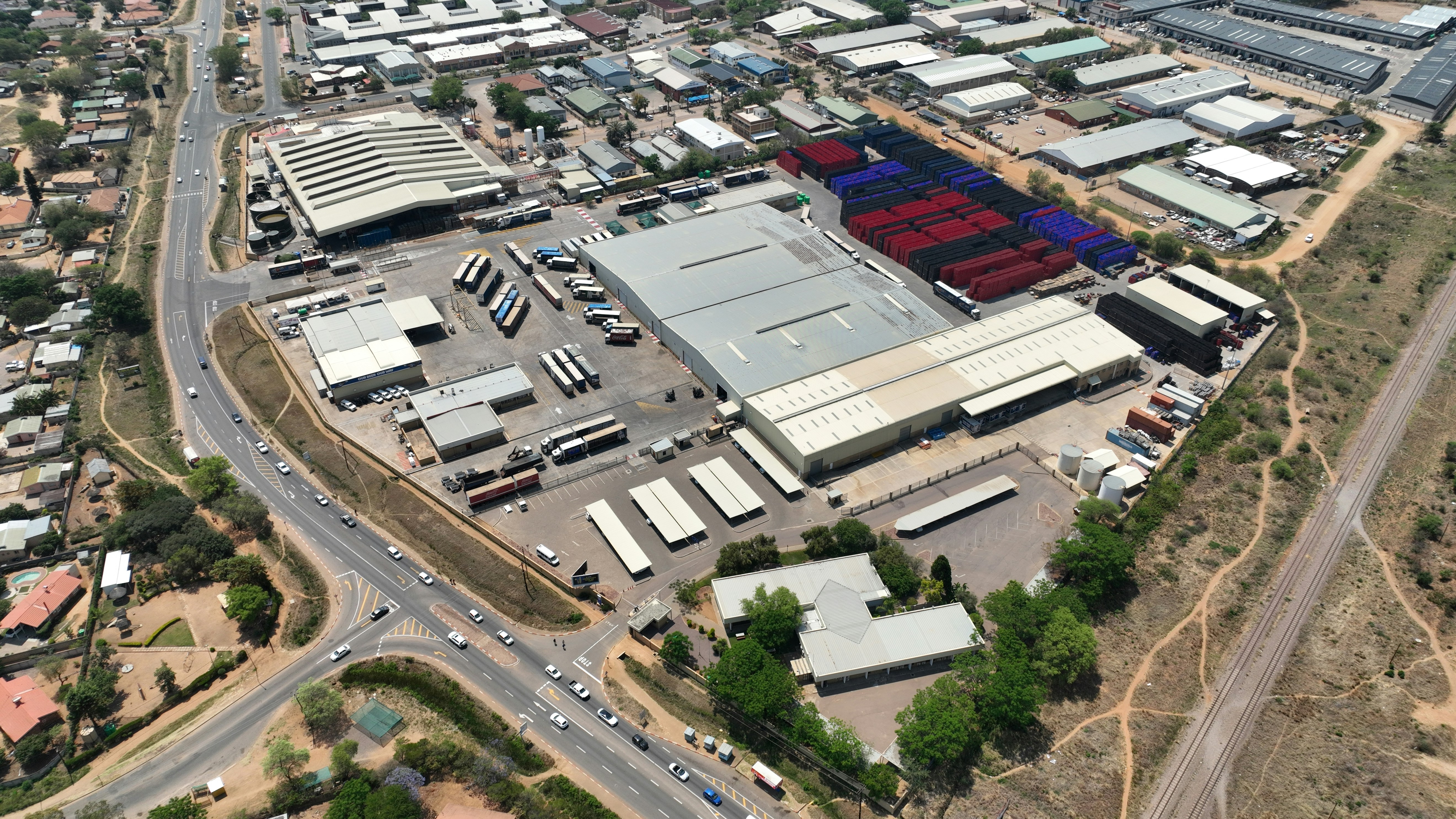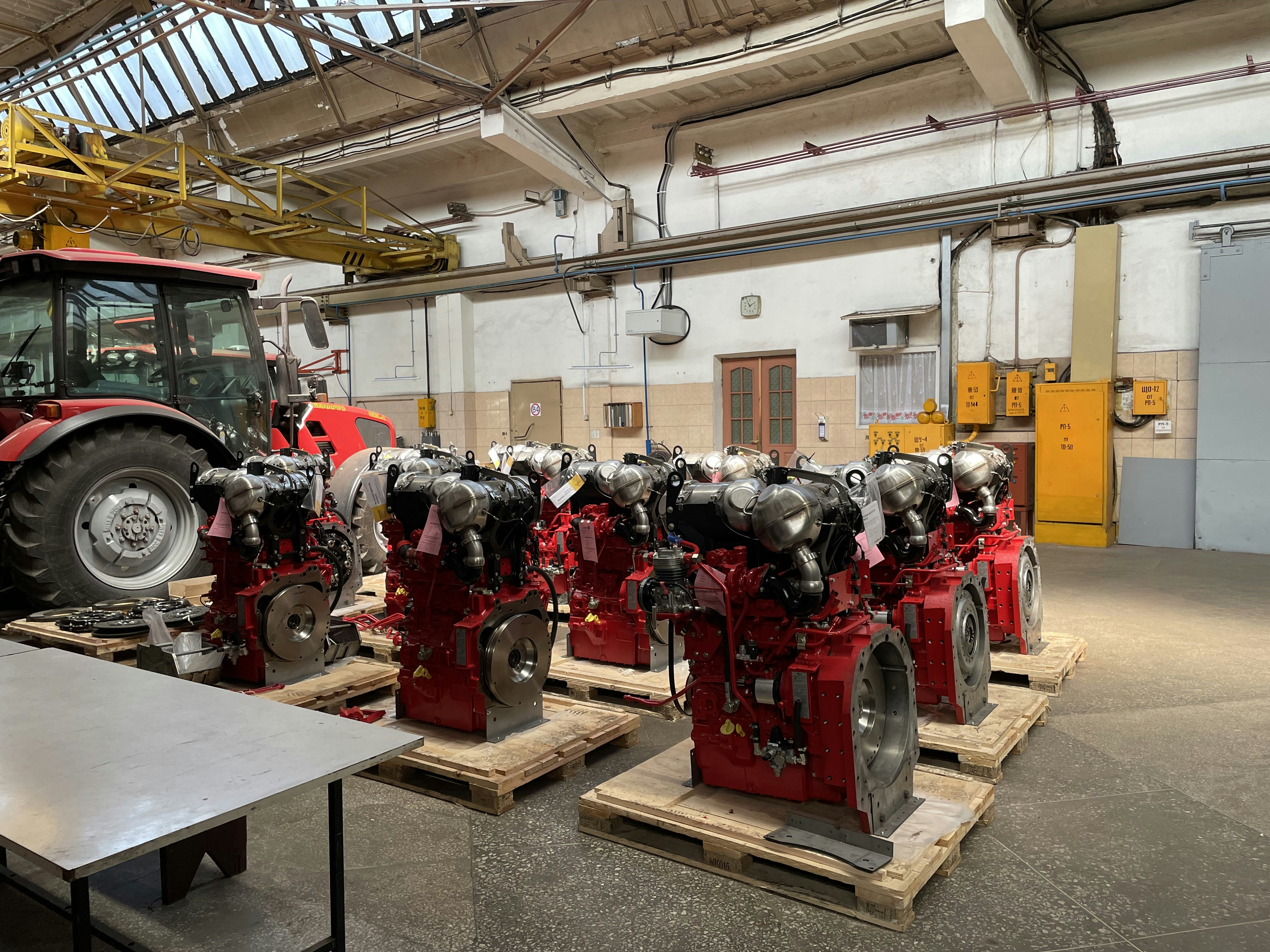Optimizing Warehouse Management: Applying Industrial Engineering Principles
Introduction to Warehouse Management Warehouse management encompasses a comprehensive set of activities designed to oversee the storage, movement, and handling of goods within a warehouse environment. This critical aspect of supply chain management plays a pivotal role in ensuring that products are stored efficiently and delivered promptly to meet customer demands. A well-organized warehouse not […]
Optimizing Warehouse Management: Applying Industrial Engineering Principles Read More »









